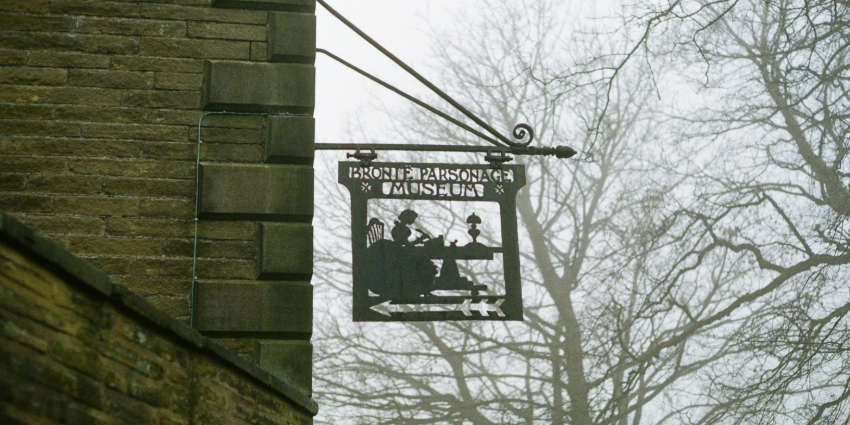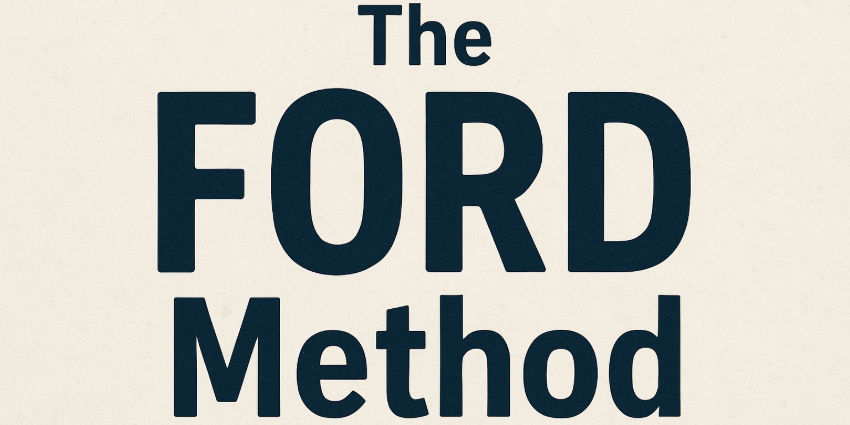The other day, I was in conversation with someone who appeared to be struggling with what I call “Perfection Stagnation”.
As I’m sure you’ve heard the term “Analysis Paralysis” before, Perfection Stagnation is its close cousin.
In the former, one paralyzes their ability to take action while analyzing every angle imaginable, both possible and probable. In contrast, the latter slows their progress to a standstill while pursuing a perfect outcome. Neither are great traps to find yourself in when you’re struggling to make a decision or move forward on a particular conundrum.
It was obvious to me (not so obvious in the moment to my Thought Partner) that their quest for the perfect solution was stagnating their ability to keep the project moving forward and creating a bottleneck in the process.
It was my task to help my client see something other than perfection. To see possibilities.
We started down the conversational road of “what ifs” by taking a forward look at playing some of the possibilities out, should they move forward with A, B, or C plan. None of them were “perfect” as we concluded. So, in an effort to move us forward, I took inspiration from the past.
I asked if I could share an Anne Bronté quote that I had recently read, which I thought might be interesting to consider, and my client graciously indulged me.
“I allow she has small claims to perfection; but then, I imagine that, if she were more perfect, she would be less interesting.”
Perfect isn’t always interesting.
Perfect doesn’t always lead to the best outcomes.
Perfect passes by learning along the way, which produce other solutions for greatness.
Perfect directions miss routes that yield diamonds in disguises.
The downside to expelling energy, even when we don’t notice that’s what we’re doing, on seeking perfection, is sacrificing the upside of interesting, unique, or innovative.
Instead of Perfection Stagnation slowing you down, you might move faster, Initiating Interesting.












